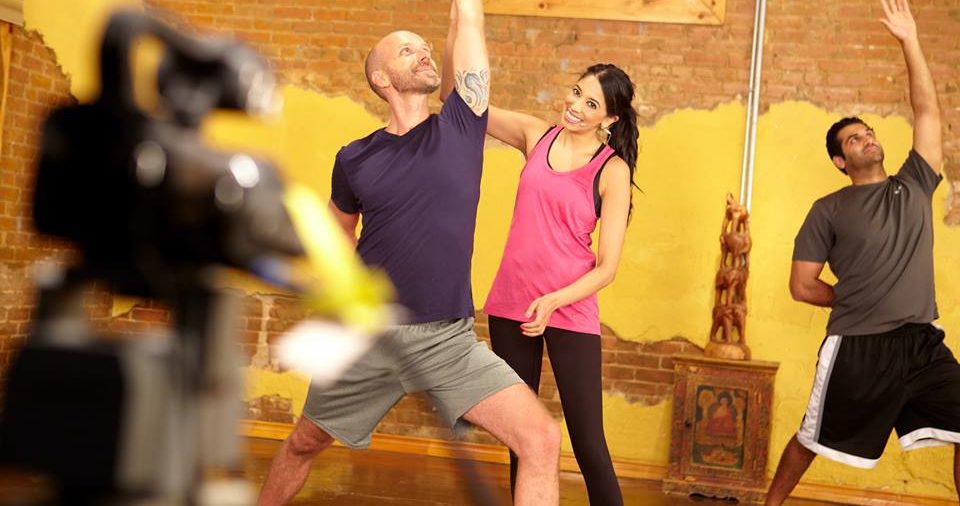On the Exhale Set it Free
Yoga-Informed Psychotherapy Classes:
Open to participants of ALL yoga level & practice
Dr. Rasheed is an experienced psychotherapist in addition to a Registered Yoga Teacher (RYT) and LifeForce Yoga® Practitioner (LFYP).

Join in on Dr. Rasheed’s class where you will she will guide you through a flow and movement yoga class. We can’t always control the distress in our life but we can learn to breath through it. During this class, Dr. Rasheed will provide an opportunity for you to parallel what goes on in your outside world with what is happening in the present moment, in your body, while on the mat. You will find yourself feeling empowered to manage challenges and increase self-awareness that you will take with you off the mat & into your world.
30 minute Flow Class
60 minute Flow Class
60 minute Flow Class
30 minute Guided Meditation:
Ask yourself these questions after class; how does the answer to each question parallel your life?
1. How aware were you of your breath during the flow?
2. When was your breath the most fluid?
3. When was your breath the most choppy/constricted/short?
4. When were you the most present during the flow?
5. When were you the least present during the flow?
6. When did you find inner critic popped up the most?
7. When did you find inner critic to pop up the least?
8. How much of you was focused on the pose/posture vs. the meaning behind the pose/posture and what it represents to you? (i.e. a pose could represent empowerment or having strength & calmness exist together at the same time [polarities of life] in the face of adversity).
9. How often did you listen to your intuition when it told you to keep going or back off? Meaning did you either push yourself or did you modify when your intuition/breath guided you to do so or did you listen to me/ego/inner critic etc. in guiding you?
10. At any point in time did you feel yourself getting stronger… or weaker? What helped you feel stronger or what lead you to feel weaker and how does this relate to your life? (i.e. if taking child’s pose helped you feel stronger; then, in real life will self-care help you feel more focused and rejuvenate your energy levels to continue on with a difficult task OR the opposite, if you didn’t take child’s pose then did you find yourself burnt out/weak towards the end of class)?
11. How did you feel when you guided the flow yourself towards the end of session? What parts of that autonomy did you enjoy, what parts did you not enjoy?
12. How often did you catch your mind wandering?
13. When you laid in corpse or child’s pose, how many thoughts came flooding in? When you are at rest, how much of your thoughts start to hijack you?
14. How much of you clenched the earth with your toes, clenched your jaw, or scrunched up your shoulders during a difficult pose/posture?
15. If clenching something represents control, how much of you wants control over the difficult pose?
16. How much of your struggles/conflicts in life mirror a difficult pose/posture, in how you think, feel, and behave? (i.e. “I want to get out of this pose, I don’t want to do it anymore”—this can represent ‘arguing with reality’, sometimes we don’t have a choice to get out of something but we do have a choice in modifying it such as taking a knee.)
17. How often did you compare yourself to those around you (me, in this example) for your measure of ‘success’ during the flow?
18. How often did you compare yourself to a “past you” meaning if you’ve done a pose/posture in the past, then feeling pressure to be as ‘strong’ as you were then, now in the present moment?
19. Besides the breath, what else helped you persevere? (i.e. support from another person, music playing, colors in the room).
20. Did your intention/goals change during the class? How open were you to them changing?

